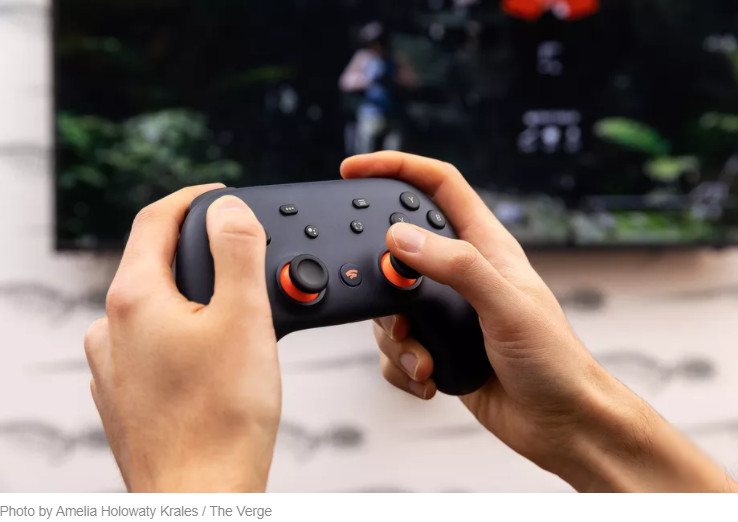
Software
Google shuts down its in-house game development studios in Stadia

The company announced today that Google is shutting down its internal Stadia game development division as it refocuses Stadia to be a home for streaming games from current developers instead of creating its own games for the service.
It takes many years and significant investments to create best-in-class games from the ground up, and the cost increases exponentially, reads a blog post by Phil Harrison. Given our focus on building on Stadia's proven technology as well as deepening our business partnerships, we have decided that we will not invest further beyond any near-term planned games in bringing exclusive content from our SG&E internal development team.
The company is shutting down both its Los Angeles and Montreal game studios, both of which existed under the banner of Stadia Games and Entertainment, as part of that change. Google says that most of the SG&E [Stadia Games and Entertainment] team will move on to new positions, but Jade Raymond, the veteran of the Ubisoft and EA industry who led the Stadia studio teams, will completely leave the company.
Stadia itself will continue to exist in the future alongside the $9.99 Stadia Pro subscription service, and Google may continue to try to secure exclusive (or timed-exclusive) third-party titles to offer through its subscription. There will still be any near-planned games released on Stadia, too.
But the shuttering of the in-house studios of Stadia marks a serious blow to the gaming ambitions of Google. The fact that Google was willing to invest in multiple first-party studios was one of the most important parts of the original Stadia vision, beyond the mere technical aspects of the streaming service itself.
The fact that Google would create games for the fledgling streaming service marked how seriously Google was investing in Stadia, titles that would theoretically take advantage of its unique cloud technology. It was also a sign that the company aspired one day to introduce exclusives that could offer compelling competition to businesses such as Microsoft, Sony, and Nintendo, all of which rely heavily on their own in-house studios to create exclusive key games to drive their services to players.
The fact that Stadia will no longer be in the game-making business makes a certain amount of sense: developing a AAA-title is an incredibly expensive endeavor. But it also means that the future of Stadia is likely to be relegated to just another option where you can play the same games on a PS5, Xbox Series X, or PC as you can already play.
